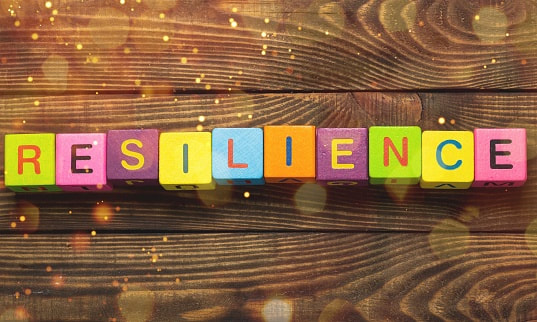 Listening to your employees and incorporating their feedback is important to you and to the culture of your organization. But sending out an employee survey once a year is not sufficient, says Carrie McKeegan, CEO and Cofounder of Greenback Expat Tax Services -- especially among remote teams who find it harder to build relationships. Collecting feedback on an ongoing basis will allow you to address roadblocks head-on, encourage creativity and collaboration, and drive innovation. Here are things you can do:
0 Comments
 Romantic partnerships can be challenging in the best of times. And two years of pandemic togetherness have not made things easier for some. Writing in The New York Times, in an adaptation of that paper’s “Seven Day Love Challenge”, Tara Parker-Pope points out that even the strongest relationship can use an occasional tune-up. Among the strategies she suggests is practicing gratitude together. “Write down three things about your partner for which you feel grateful. Take a moment to read what you wrote about each other. Are you surprised about your partner’s feelings? Talk about these moments of gratitude and how they make you feel more connected to each other.” Showing gratitude on a daily basis is a common mindfulness practice proven to boost happiness, help us get better sleep and even reduce illness. And gratitude exercises can not only make us feel closer to our romantic partners, but also to our friends and co-workers. In general, people who express gratitude together are more satisfied in their relationships. So consider gratitude a “booster shot” for any relationship you want to keep healthy. When was the last time you shared feelings of gratitude with your partner, co-worker or friend? To join the conversation, click "comments" above. We would love to hear your feedback!
 Few of us like to admit it when we make a mistake. We’ve been trained since our childhood school years that only “correct answers” get rewarded. But two things are true: 1) Everyone makes mistakes, and 2) admitting to errors can actually be very beneficial. Writing in Inc. , Ken Sterling, executive vice president of Bigspeak, contends that “admitting mistakes has the best rewards for you in the long term -- especially for your leadership style and building trust with those around you.” Great leaders, be they CEOs, elected officials, or even quarterbacks, take ownership of their errors and avoid blaming others. So, “If you want to become a better leader, it starts by being accountable…Ultimately, we are involved in creating, promoting, or allowing each situation we find ourselves in. When we realize this, it's quite empowering, actually. Otherwise, if it's not our fault, we're really saying we are victims.” Leaders who refuse to be accountable create what Sterling calls a culture of fear. And fear leads to silence. People who are afraid of being blamed, don't want to speak up or contribute ideas. To do so would be equivalent to putting a target on their backs. What's more, failing to acknowledge mistakes pretty much ensures the mistakes will be repeated. Writes Sterling, “The key to learning -- be it martial arts, team sports, sales, or leadership -- is owning your errors. If you don't admit the mistake to yourself, then how can you ever improve on it?” Owning one’s errors builds trust, and trust builds strong relationships. Research has repeatedly shown that employees want to trust their leaders and when that trust is there, leader honesty drives employees to be honest as well. “Candor is at the heart of good management and positive work culture. Imagine being a leader who can admit to personally messing up, and who sends the message that in this organization, you can mess up, too. It's liberating.” When was the last time you admitted to a mistake, and how did that go? When did your boss last admit to a mistake? To join the conversation, click "comments" above. |
Archives
July 2024
Categories
All
|
|
Glaser & Associates, Inc.
Executive Offices 1740 Craigmont Avenue, Eugene, OR 97405 541-343-7575 | 800-980-0321 [email protected] |
© 2019 Glaser & Associates. All Rights Reserved.



 RSS Feed
RSS Feed